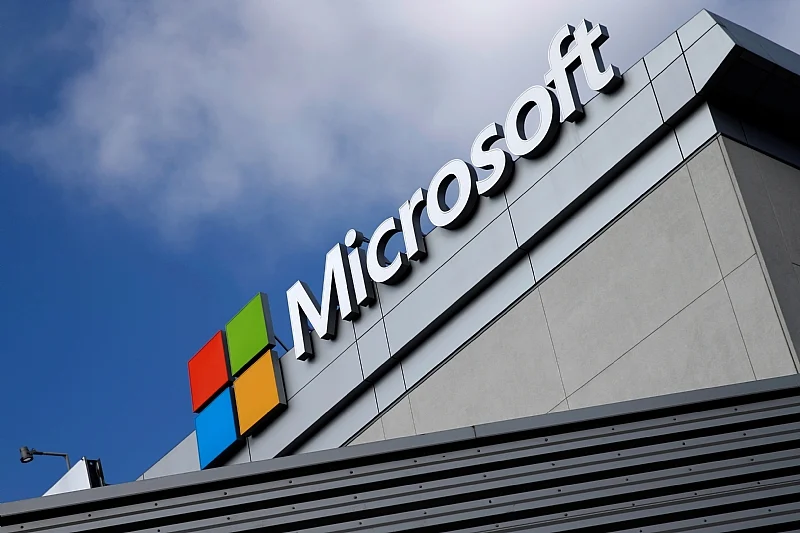Microsoft Announces Closure of Lagos Center, Puts 200 Jobs in Jeopardy
Microsoft, the United States-based multinational technology giant, is reportedly contemplating closing one of its operations in Nigeria, the African Development Centre in Lagos.
The African Development Centre (ADC) is situated in Ikoyi, a prestigious area in Lagos, the commercial capital of Nigeria and Africa’s largest economy.
While the rationale behind this decision remains undisclosed, Microsoft informed its staff members on Monday about the potential shutdown of operations at its African Development Centre in Lagos.
According to an insider who spoke to The Guardian Newspaper, affected employees will continue to receive salary payments until June and will remain covered by health insurance.
Although the precise reasons for the closure are unclear, some sources suggest that Nigeria’s challenging economic conditions may have influenced Microsoft’s decision-making process.
The closure seems to impact only the ADC’s West Africa operations in Nigeria, with its East Africa facility in Nairobi, Kenya, remaining unaffected.
An unnamed source within Microsoft’s Lagos office neither confirmed nor denied the closure when approached by the newspaper.
Microsoft launched its $100 million African Development Centers initiative in 2019, establishing facilities in Lagos and Nairobi.
When the Nigerian Microsoft ADC was unveiled in 2022, it employed over 120 engineers, and its workforce expanded to over 200 staff members.
In 2019, the company aimed to hire 100 full-time engineers by the end of the year and 500 engineers by the end of 2023. Microsoft is banking on African innovation in sectors such as fintech, agritech, and off-grid energy and hopes to leverage it.
Phil Spencer, Microsoft’s executive vice president, stated in Nairobi that the ADC would be unlike any other existing investment on the continent, aiding in better customer engagement, local development, and global scalability.
Furthermore, it presents an opportunity for Microsoft to further engage with African partners, academia, governments, and developers, thereby driving impact and innovation in sectors crucial to Africa’s development.



















